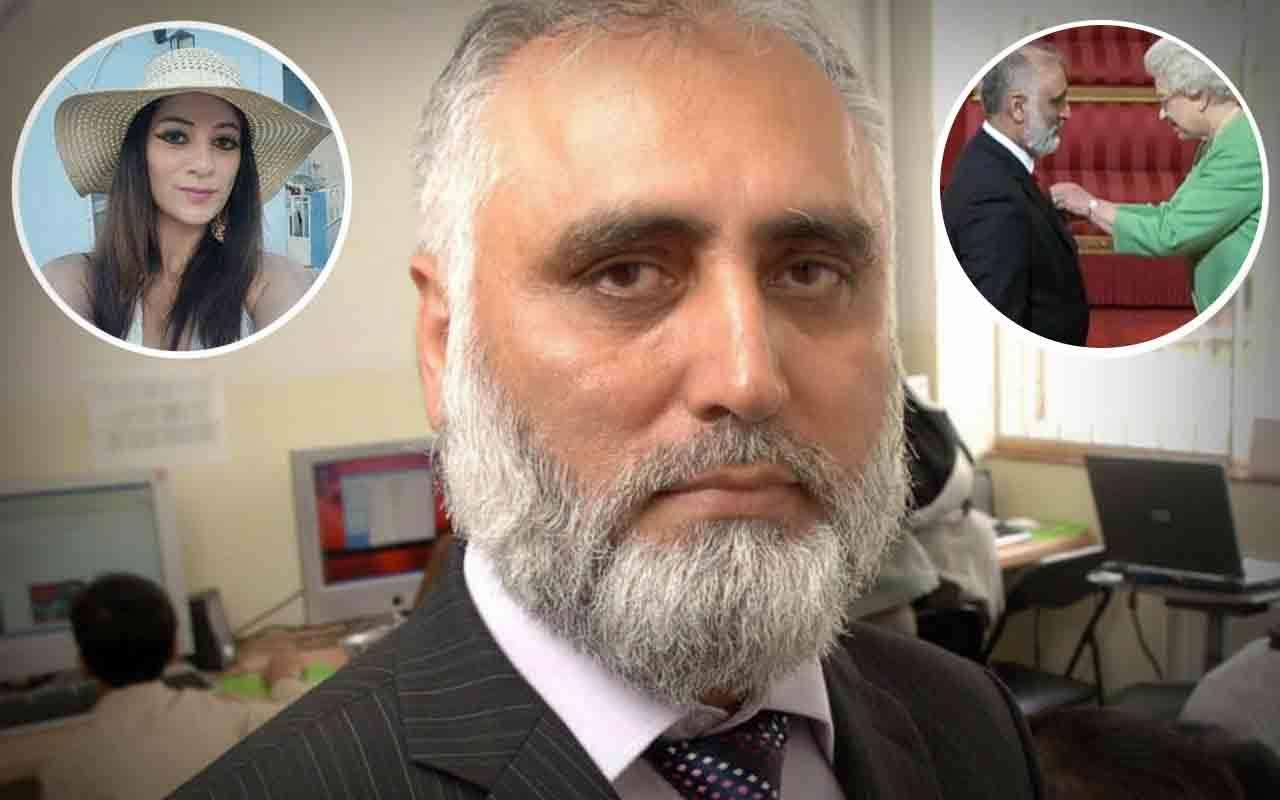Sweeping changes to the UK's immigration policies are sending shockwaves through Asian and Black, Asian, and Minority Ethnic (BAME) communities, particularly those working as care workers or holding work visas with their families. New legislation, aimed at drastically reducing net migration, threatens to dismantle the lives and futures of thousands of Bangladeshi, Indian, Pakistani, Sri Lankan, and Nepali individuals who have come to the UK to fill critical labor shortages and build new lives.
The UK government's "Restoring Control over the Immigration System" white paper, released in May 2025, outlines a series of stringent measures that will disproportionately affect these communities:
End of Overseas Recruitment for Social Care Workers: The Health and Care Worker visa route, a lifeline for many Asian immigrants, will be closed to new applicants from abroad. While existing care workers can extend their visas or switch to other routes until 2028, this measure effectively halts the influx of much-needed care staff, potentially crippling the UK's already strained social care system. This decision comes despite evidence of exploitation and vulnerability among care workers, with the government citing a surge in care worker visas without proper standards.
Higher Skills Threshold for Work Visas: The minimum skill level for Skilled Worker visas will be raised from RQF Level 3 (A-level equivalent) to RQF Level 6 (bachelor's degree level). This change will exclude many roles currently filled by Asian workers, particularly in sectors like hospitality and construction, making it significantly harder for them to obtain or renew their visas.
Stricter English Language Requirements: Applicants and their dependents will face tougher English language requirements, potentially hindering family reunification and integration into British society.
Increased Residency Period for Settlement: The qualifying period for Indefinite Leave to Remain (ILR), the right to reside and work in the UK permanently, is expected to double from five to ten years for many visa routes. This extended period creates prolonged uncertainty and instability for Asian immigrants seeking to build long-term futures in the UK.
Increased Immigration Skills Charge (ISC): The ISC, payable by sponsoring employers, will increase by 32%, potentially deterring employers from hiring overseas workers, further limiting opportunities for Asian immigrants.
The Human Cost
These policy changes have ignited fear and anxiety within Asian and BAME communities. Care workers, who have tirelessly served the UK's elderly and vulnerable, now face an uncertain future. Families, who have built their lives around the prospect of permanent settlement, are now confronted with the possibility of forced separation or a decade-long wait for stability.
The impact extends beyond individual hardship. The UK's care sector, heavily reliant on overseas workers, faces a potential collapse. Industries that depend on skilled Asian labor may struggle to fill vacancies, hindering economic growth. The social fabric of the UK, enriched by the contributions of diverse communities, is at risk of being torn apart.
A History of Hardship
While the government argues these reforms are necessary to control immigration and prioritize the domestic workforce, critics point to a history of discriminatory immigration policies that have disproportionately affected BAME individuals. The "hostile environment" policies, for example, have been shown to worsen the mental health of Black Caribbean individuals and create a climate of fear and suspicion.
The Road Ahead
As the UK embarks on this new era of tightened immigration control, the future remains uncertain for many Asian and BAME individuals. The government's focus on high-skilled workers and its attempts to curb immigration may come at a significant human and economic cost, potentially undermining the very fabric of the diverse and multicultural society that has long been a hallmark of the United Kingdom.








.svg)
